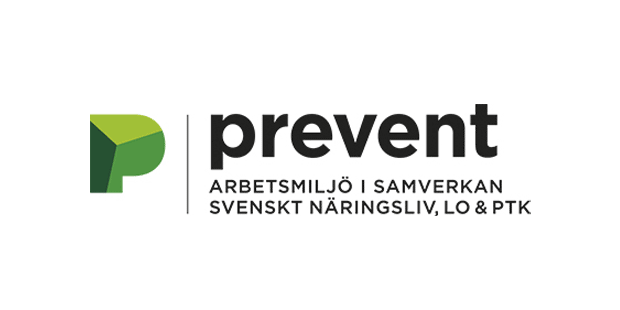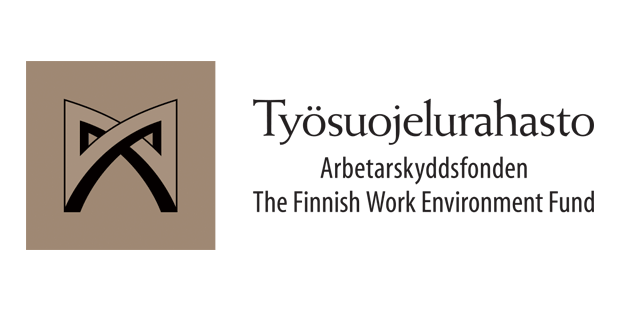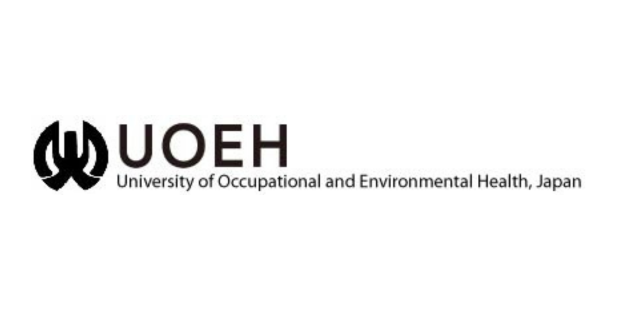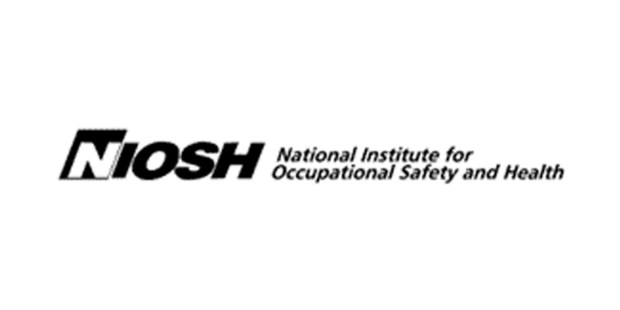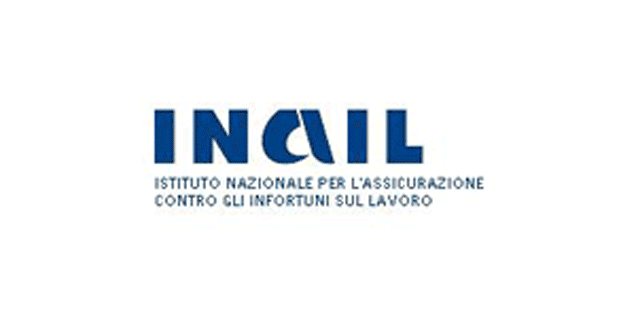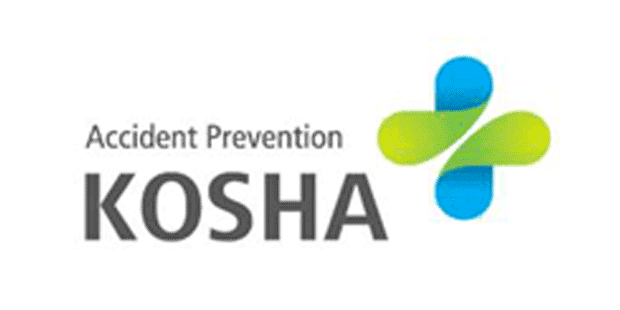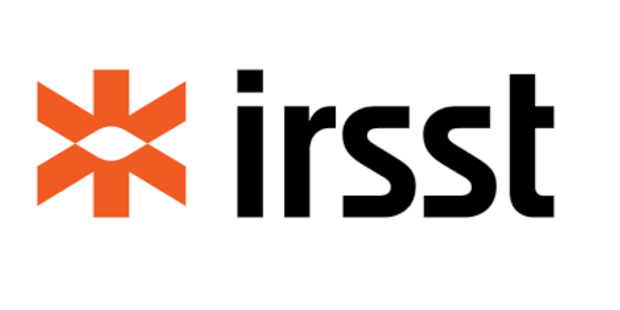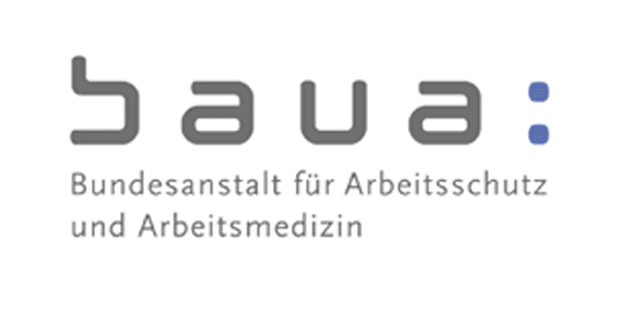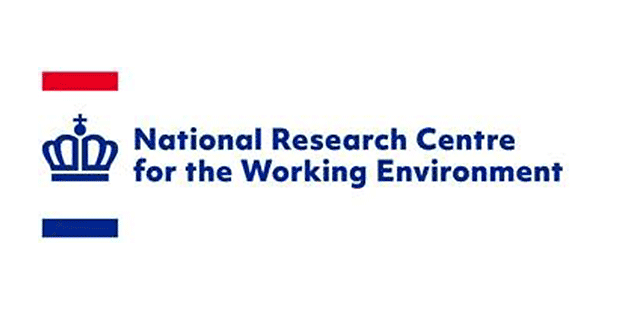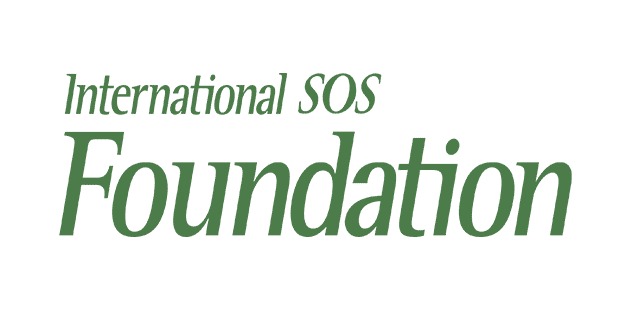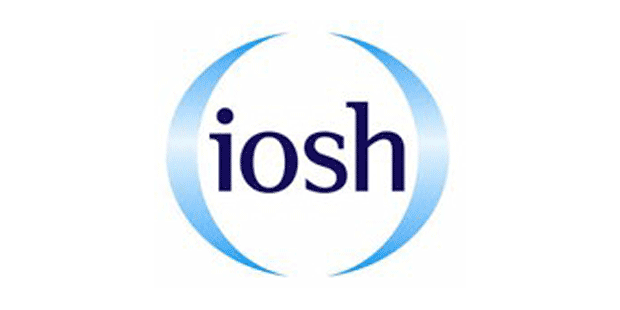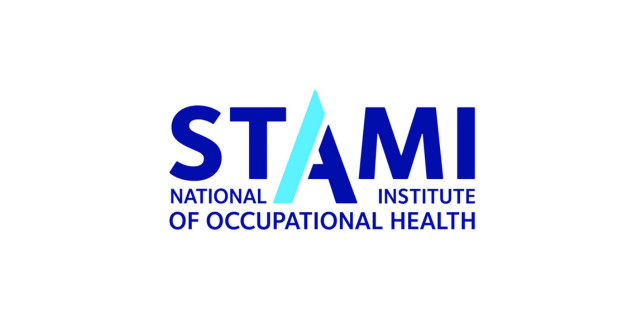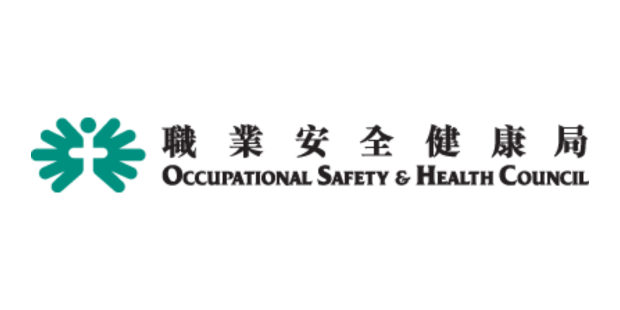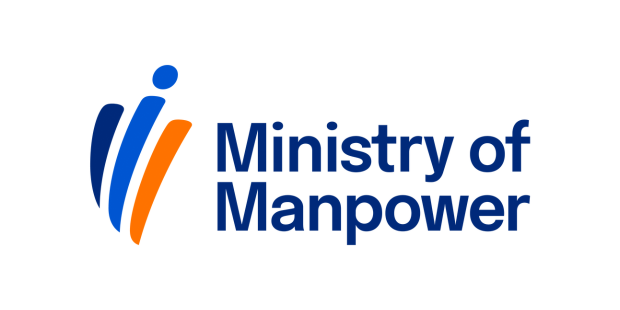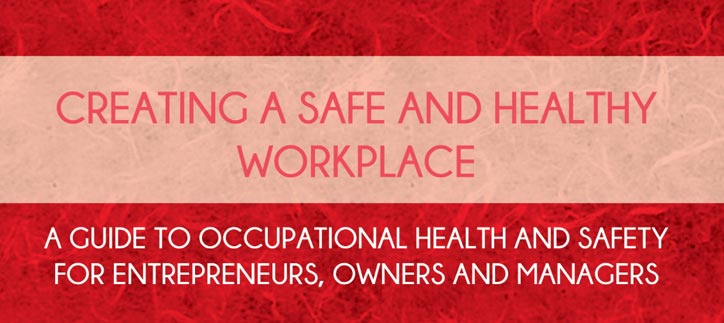ICOH and IOHA Participated in the June United Nations TB Civil Society Meetings June 3-6, 2018
The United Nations (UN) is holding a unique High Level Meeting (HLM) on Tuberculosis (TB) on September 26, 2018. ICOH hopes to achieve inclusion in the HLM TB Declaration of wording that will commit countries to implement workplace occupational safety and health practices to reduce TB in highly vulnerable worker populations.
Despite decades of global efforts on tuberculosis (TB), it is still 9th in the top ten causes of death globally, with 10.4 million new cases occurring in 2016. ICOH seeks to bring governments, decision makers, and global health funders on board to recognize that health workers and workers exposed to silica dust, especially in developing nations, are at significantly increased risk for TB and that this occupational risk can be reduced through comprehensive strategies.
A preparatory meeting on TB for Health Ministers was held in Moscow in November 2017. ICOH sent Perry Gottesfeld to this meeting and he and partners achieved identification in the Moscow Declaration of silica-exposed workers and health workers as highly vulnerable for TB.
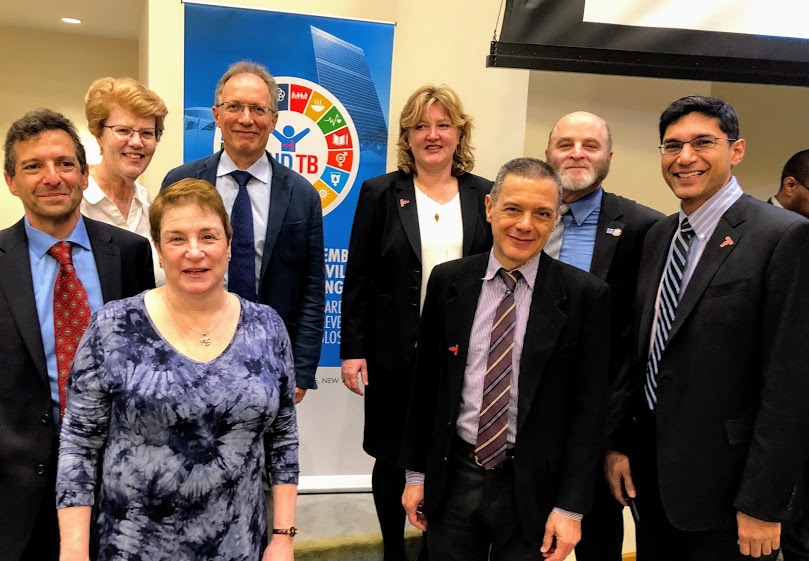
To engage partners, including OSH organizations, employers, unions, etc., and to take these efforts forward, two ICOH TB Statements were developed to summarize the scientific evidence and make recommendations for action. These Statements on Preventing Tuberculosis Among Silica Dust Exposed Workers and Preventing TB among Health Workers were approved by the ICOH Board on April 28, 2018 and are now posted on the ICOH website at http://www.icohweb.org/site/ICOH-TB-Statements.asp. Also posted there are 32 independent organizations that have endorsed the Statements. We continue to seek endorsements for these Statements and invite additional organizations to contact us to indicate if they would like to endorse one or both Statements. To facilitate future activities that address the TB Statements, the ICOH Scientific Committee Mining Occupational Safety and Health has formed a Subcommittee ‘Silica Dust and TB’, and the ICOH Scientific Committee on Occupational Health for Health Workers is forming a Subcommittee ‘Health Workers and TB’.
From June 3 – 6, 2018, the UN held meetings in New York City for Civil Society input on the HLM TB Declaration that will be released in at the UN General Assembly in September. ICOH, the International Occupational Hygiene Association (IOHA) and Occupational Knowledge International (OK International) participated in these meetings. Representatives for ICOH were Marilyn Fingerhut, ICOH TB Liaison, Gwen Brachman, Chair SC Occupational Health for Health Workers, Rafael de la Hoz, Chair SC Respiratory Disorders, Roberto Lucchini, former Chair, SC Occupational Toxicology, and Perry Gottesfeld, ICOH Member and Executive Director, OK International. IOHA representatives were Andrea Hiddinga, President, and David Zalk, former President. We participated in the June 4 Civil Society Hearing and in meetings with several country Missions. At all meetings we recommended inclusion in the TB Draft Declaration of an action statement: "Commit to primary prevention in high-risk occupations by reducing silica dust exposures in mining, construction and other dusty workplaces, and implementing worker TB surveillance and infection prevention and control in healthcare settings." On September 26, at the United Nations TB High Level Meeting country delegates will commit to actions included in the TB Declaration.
The focus of the global TB community is largely on case identification and treatment. ICOH’s purpose in participating in the UN process is to raise awareness of alternative approaches to prevent TB through occupational health and safety interventions. Previously there was little recognition that our suggested approach could prevent new TB cases in these highly vulnerable populations. With ongoing engagement in the TB community and globally with governments, we hope to increase awareness and encourage the uptake of these measures in national TB programs.


